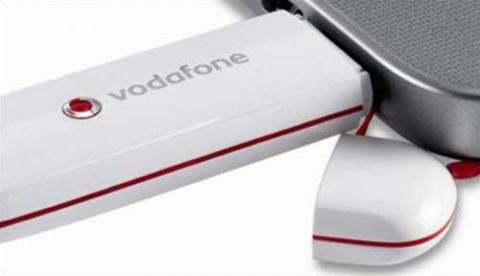ISP Exetel has indicated it will examine a switch from Optus to Vodafone for wholesale wireless data services from next year.
Chief executive John Linton believed Optus' go-to-market strategy for HSPA wireless broadband services was becoming increasingly divergent from Exetel's direction, which was targeting more business rather than home users.
"Optus tend to see HSPA as a residential product and tend to see their go-to-market strategy as via mobile retail operators... bulk resellers like M2 and Dodo.
"We're never going to be in that market and of that size. In producing a corporate [wireless broadband] product or solution, there's various attractions about Vodafone, not the least of which is price," Linton said.
Linton said Exetel had a six-year relationship with Optus, predominately reselling data services.
He said Exetel had initially signed on as an Optus reseller "because of its country coverage. [But] as we switch more and more of our emphasis into the business market, country coverage doesn't really give us the same advantages [it used to]."
Exetel already had a five year relationship with Vodafone. But the agreement covered the resale of mobile voice services only - not data.
The price of HSPA services was not Linton's only consideration. In a blog post, he indicated Exetel's continued interest in sourcing alternative modem hardware to break its reliance on buying HSPA modems from Optus.
He believed promotions by Optus of a free HSPA modem when customers signed up to some plans was making it difficult for Exetel to compete, and was critical of the resurgence of subsidised consumer premise equipment, despite a number of reports in recent years blaming the practice for declining telco revenues.
"[They're saying the modem is free], we're saying it might be $5," Linton said. "That puts us at a pretty significant disadvantage.
"We need to either go direct to PRC [People's Republic of China] which we've already done or find a more accommodating [telco] provider."
Optus reported a $44 million earnings before interest hit last year due to iPhone 3G handset subsidies.




.jpg&h=142&w=230&c=1&s=1)


_(27).jpg&h=142&w=230&c=1&s=1)
.png&h=142&w=230&c=1&s=1)




.jpg&w=100&c=1&s=0)











